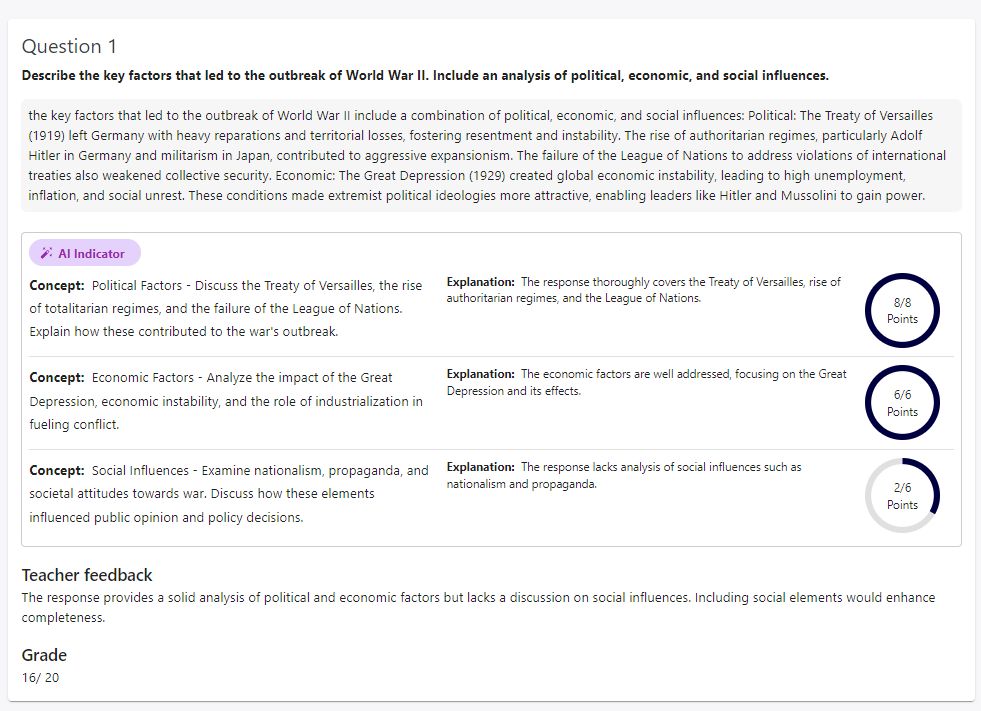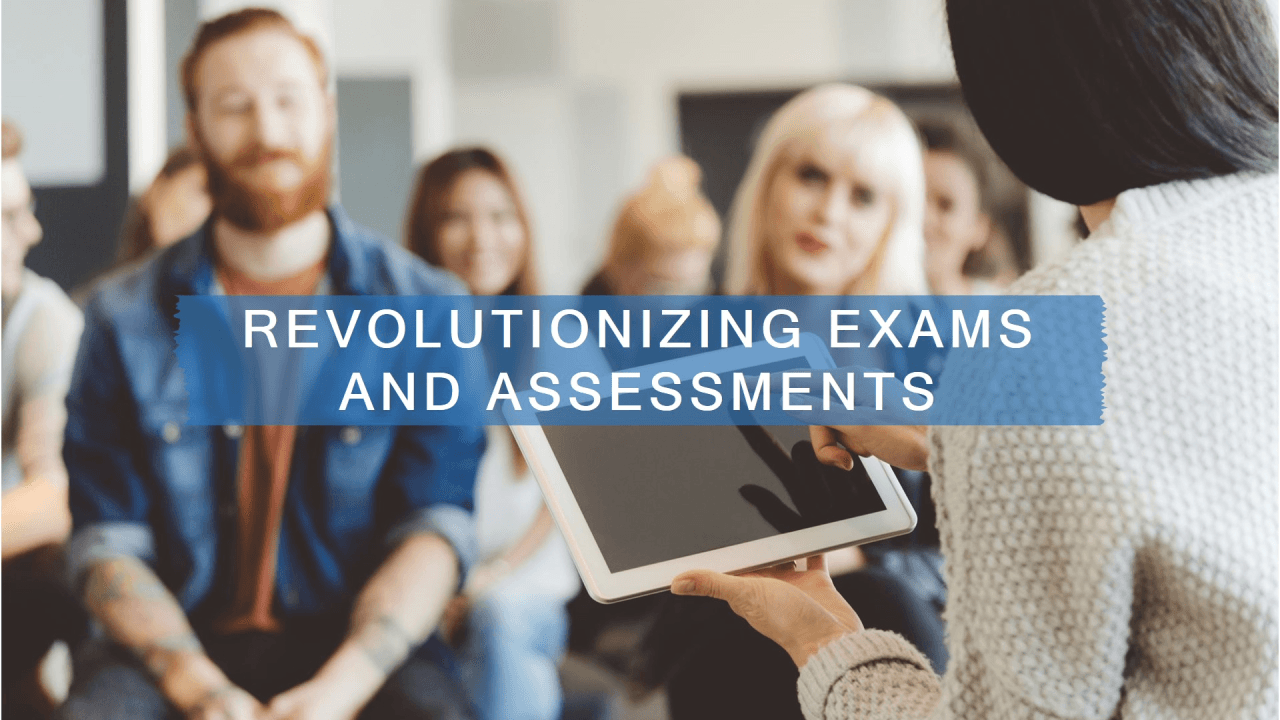Key Metrics for Assessing AI-Generated Exams on StudyWise.io
5 min
Oct 1, 2024
As artificial intelligence (AI) continues to revolutionize education, platforms like StudyWise.io are at the forefront of this transformation. AI-generated exams have become a powerful tool for educators, offering efficiency, personalization, and accuracy in assessments. However, to truly harness the power of these AI-driven tools, it’s essential to understand and evaluate key metrics that determine the effectiveness and impact of AI-generated exams. In this article, we’ll explore the critical metrics that educators and institutions should consider when assessing AI-generated exams on StudyWise.io.
1. Alignment with Learning Objectives
The most fundamental metric for any exam, AI-generated or otherwise, is its alignment with learning objectives. StudyWise.io’s AI algorithms are designed to create exams that are closely aligned with the curriculum and the specific learning outcomes desired by educators. This alignment ensures that the questions not only cover the required content but also assess the correct competencies and skills.
To evaluate this metric, educators can review the generated exam content to ensure that the questions correspond with the syllabus and learning goals, ensuring a comprehensive assessment of student knowledge.
2. Question Diversity and Difficulty Balance
AI-generated exams should offer a diverse range of question types and difficulty levels to accurately assess different aspects of student learning. StudyWise.io allows educators to customize the difficulty settings, ensuring that exams challenge all students appropriately. The diversity of questions—from multiple-choice to short answers and essays—ensures a holistic evaluation of student knowledge.
Educators should assess the generated exams for a balanced distribution of difficulty levels, ensuring that the exam is neither too easy nor too challenging for the intended student group. A well-balanced exam should include a mix of basic, intermediate, and advanced questions to differentiate between varying levels of student understanding.
3. Fairness and Bias Reduction
A crucial metric in AI-generated exams is fairness. It is vital that the AI system minimizes any potential biases in question selection and grading. StudyWise.io’s AI engine is trained to create fair exams by analyzing large datasets and eliminating biases related to gender, ethnicity, or socioeconomic background.
Educators can assess fairness by reviewing the questions generated across different exams for consistency and by examining grading patterns for any signs of bias. Regular audits of AI-generated content help ensure that the platform continues to produce fair and equitable assessments.
4. Grading Accuracy and Consistency
One of the key advantages of AI-generated exams is the ability to automate grading with high accuracy and consistency. StudyWise.io’s auto-grading feature evaluates answers based on pre-defined criteria, reducing human error and subjectivity. This is particularly important in large classes, where manual grading can lead to inconsistencies.
To evaluate grading accuracy, educators should compare the AI-generated grades with manual grading for a sample of exams. Consistency can be measured by analyzing the grading of similar answers across different exams to ensure uniformity.
5. Student Performance Insights
Beyond grading, StudyWise.io provides in-depth analytics on student performance, offering valuable insights into how students are engaging with the material. Metrics such as average scores, question-by-question performance, and time spent on each question can help educators identify areas where students excel or struggle.
These insights allow educators to tailor their teaching strategies, provide targeted support, and adjust future assessments to address learning gaps. Monitoring these metrics over time helps in tracking student progress and the effectiveness of instructional interventions.
6. Time Efficiency for Educators
One of the significant benefits of using AI-generated exams is the time saved by educators in creating, administering, and grading exams. StudyWise.io streamlines these processes, allowing educators to focus more on teaching and interacting with students.
To measure this metric, educators can track the amount of time spent on exam-related tasks before and after adopting StudyWise.io. A substantial reduction in time spent on these tasks indicates the platform’s effectiveness in enhancing efficiency.
7. Student Engagement and Satisfaction
Finally, student engagement and satisfaction are essential metrics to assess the effectiveness of AI-generated exams. An engaging exam not only tests knowledge but also motivates students to perform at their best. StudyWise.io’s personalized question generation and instant feedback features can increase student engagement and improve their overall exam experience.
Educators can gather feedback from students regarding their exam experience, focusing on aspects such as question relevance, difficulty, and the clarity of instructions. High levels of student satisfaction typically correlate with well-designed, effective exams.
Conclusion
AI-generated exams on StudyWise.io offer numerous advantages, from time efficiency to personalized assessments. However, to fully realize these benefits, it’s crucial to regularly assess the key metrics that determine the effectiveness of these AI-driven tools. By focusing on alignment with learning objectives, question diversity, fairness, grading accuracy, and other critical factors, educators can ensure that their AI-generated exams are not only efficient but also fair, accurate, and conducive to student learning.
Explore how AI exam generators can transform your educational approach by visiting StudyWise.io .



